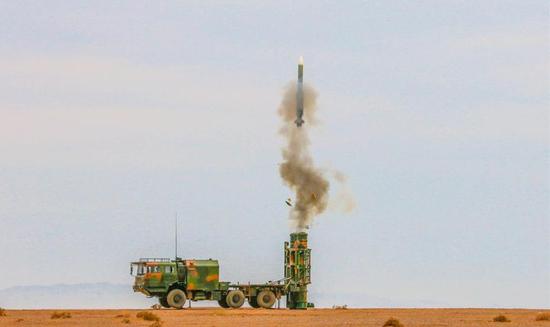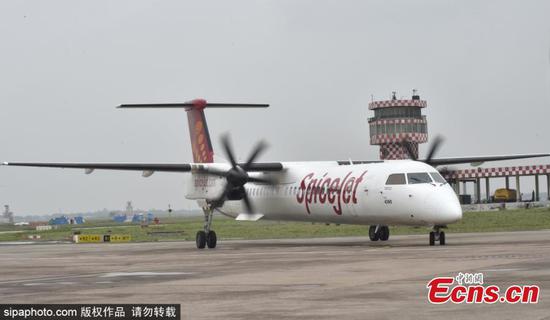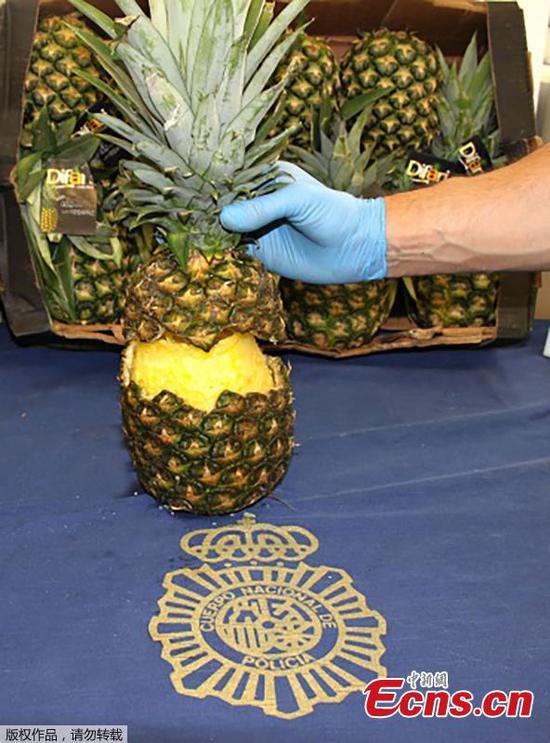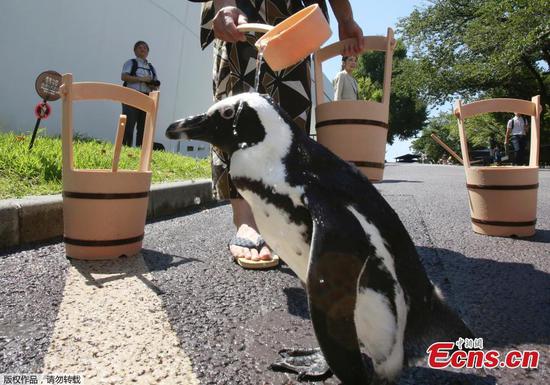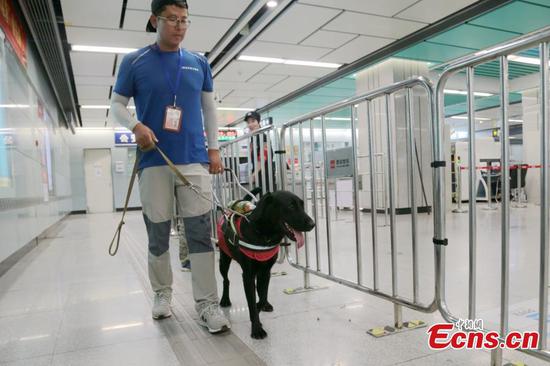The use of animal feed with lower protein content - with amino acid supplements added to the diet - can reduce demand for soybeans in the poultry and husbandry industry, according to experts.
Qiao Shiyan, director of the National Research Center for Feed Engineering Technology, said using feed with less protein could reduce the need for imported soybeans in the pork industry alone by about 10 million metric tons.
China relies heavily on imported soybeans, mostly for protein-intensive meal for livestock or as chicken feed, he said.
Demand for soy as animal feed has increased over the past few years. More than 80 percent of the beans consumed in China are imported. Last year alone, the country imported more than 95 million tons, valued at about $40 billion, according to the General Administration of Customs. Brazil and the United States are China's top two suppliers.
As trade frictions between China and the U.S. push up soybean prices, experts predict a significant drop in imports from the U.S. this year.
"With the addition of amino acids that are artificially produced, less soybean meal can be used in animal feed," Qiao said. "Protein breaks down into amino acids when digested, so such feed will not affect the safety or quality of meat."
Meanwhile, alternatives such as rapeseed and cottonseed remnants - the leftovers after oil extraction - can also be substituted for soybeans, he said.
"Many enterprises in the poultry and husbandry industries have shown interest in feed with lower protein content this year," he said, adding that the cost of production needs to be further reduced to expand the low-protein substitute.
Hu Bingchuan, a researcher at the Rural Development Institute of the Chinese Academy of Social Sciences, said there is no technical barrier to lower-protein feeds that use less soybean meal; and the adoption of such feed is determined more by its cost relative to soybeans.
The price of imported soybeans is rising, but not enough to make low-protein substitutes economical now, he said.
"If the price of soybean meal rises further, the alternatives will undoubtedly be more widely promoted," Hu said.
Despite the expected reduction of soybeans imported from the U.S. - by about 10 million tons this year - total soybean imports by China are expected to be the same as last year, due to imports from other countries, he said.























